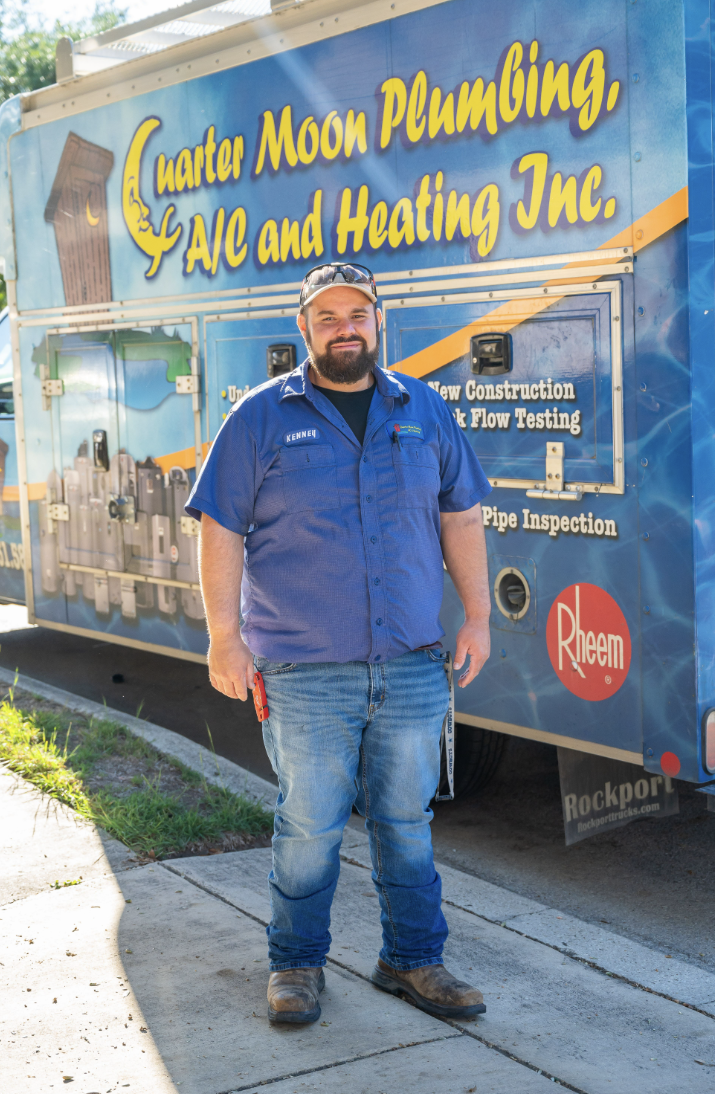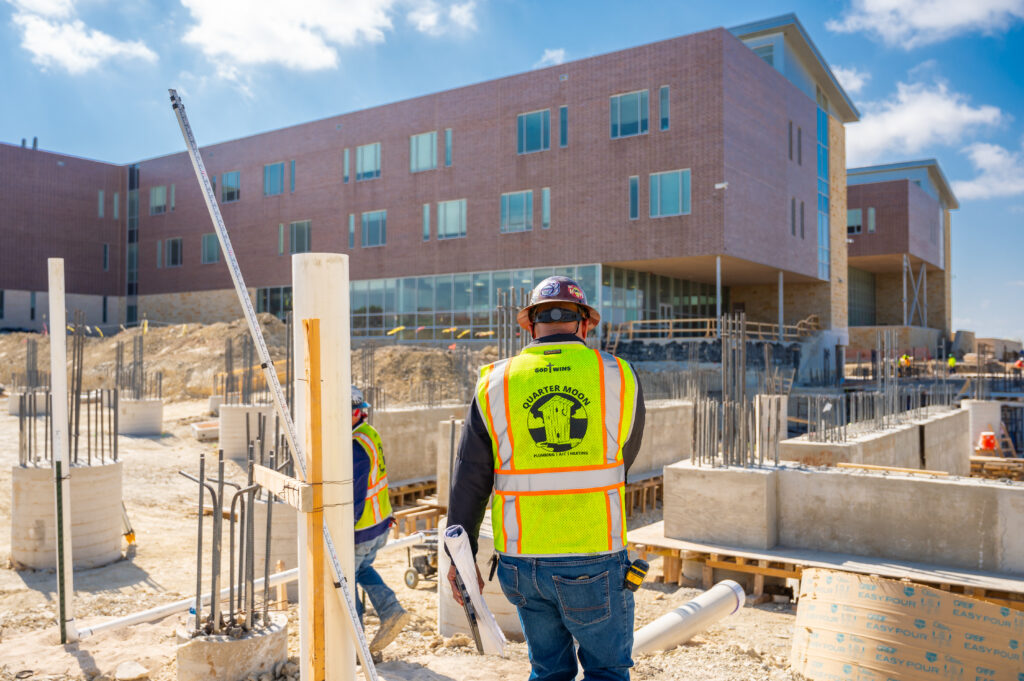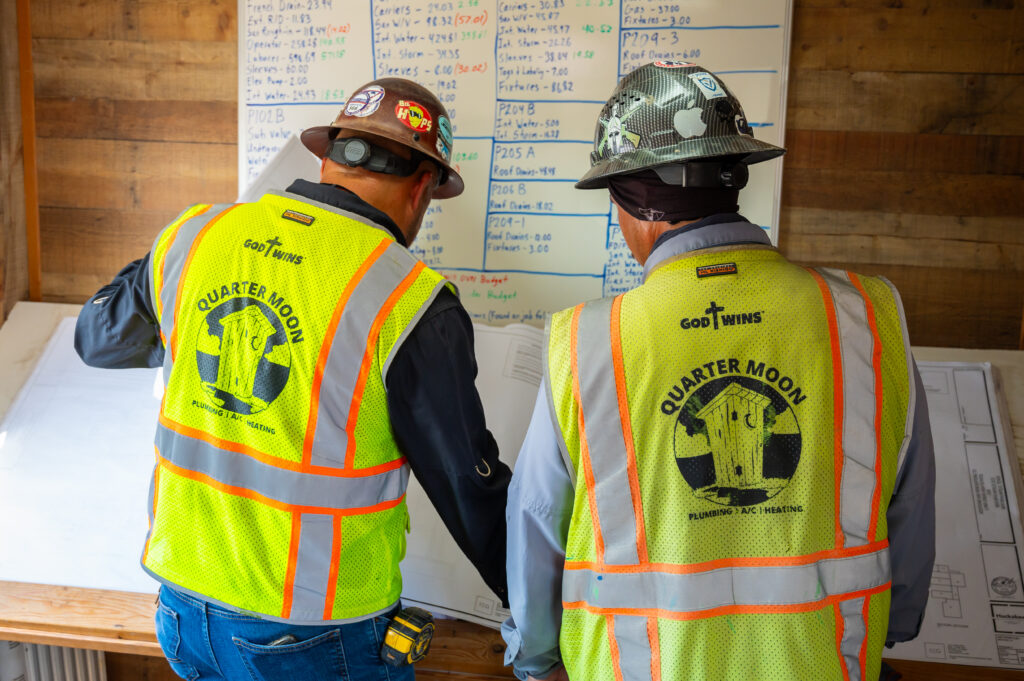
21 Dec Exploring the Diverse Roles of a Plumber: A Comprehensive Guide
When it comes to essential professions that keep our homes and businesses running smoothly, the role of a plumber often takes center stage. Plumbers play a big role in maintaining and improving our water systems, ensuring the seamless flow of water in our homes and workplaces. However, the responsibilities of a plumber go far beyond just fixing leaks and unclogging drains. In this comprehensive guide, we’ll dive into the diverse roles of a plumber and highlight the various aspects of this profession.
1. Installation and Maintenance of Plumbing Systems:
One of the primary responsibilities of a plumber is the installation and maintenance of plumbing systems. From residential buildings to commercial establishments, plumbers design and install systems that ensure the efficient distribution of water. This includes installing pipes, fixtures, and appliances, as well as conducting regular maintenance to prevent potential issues.

2. Emergency Repairs:
Plumbers are often the unsung heroes in emergency situations. Burst pipes, leaking faucets, and clogged drains can cause significant damage if not addressed promptly. Plumbers are trained to respond quickly to such emergencies, providing immediate solutions to prevent further damage and restore the functionality of the plumbing system.
3. Water Conservation and Efficiency:
In a time where conserving water is a top priority, plumbers play a key role in promoting water conservation and efficiency. They advise on the use of water-saving fixtures, identify and repair leaks to prevent wastage, and implement strategies to optimize water usage without compromising on functionality.
4. Gas Line Installation and Repair:
Beyond water-related tasks, the roles of a plumber are often involved in the installation and repair of gas lines. This includes ensuring that gas-powered appliances such as water heaters and stoves are safely connected to the gas supply. Plumbers must follow strict safety regulations to prevent gas leaks and potential hazards.
5. Collaboration with Other Trades:
Plumbers frequently collaborate with other professionals in the construction and maintenance industry. Working alongside electricians, Heating, Ventilation, Air Conditioning technicians (HVAC), and contractors, plumbers contribute their expertise to ensure that various systems function seamlessly within a building.

6. Technological Advancements in Plumbing:
As technology continues to advance, so does the plumbing industry. Plumbers now use state-of-the-art equipment such as video cameras for pipe inspections, leak detection devices, and advanced materials for more durable and efficient plumbing systems. Staying up-to-date with the latest technology is crucial for plumbers to provide high-quality services.
7. Specialized Areas of Plumbing:
Plumbers often specialize in specific areas, such as residential or commercial plumbing, industrial plumbing, or even focusing on specific systems like hydronic heating or irrigation. This specialization allows them to develop expertise in particular areas and offer specialized services to clients.
The Role of A Plumber is Essential
The role of a plumber is multifaceted and goes far beyond the common perception of fixing leaks and unclogging drains. Plumbers are essential contributors to the functionality and safety of our homes and businesses. From designing and installing complex plumbing systems to responding to emergency situations and promoting water conservation, the vast roles of a plumber make them vital members of the construction and maintenance industry. As technology evolves and conservation concerns grow, the importance of skilled and knowledgeable plumbers will only continue to rise.
Looking to get into the trade contact us here at Quarter Moon Plumbing AC and Heating. We’re excited to get you started on your journey into the trade!

